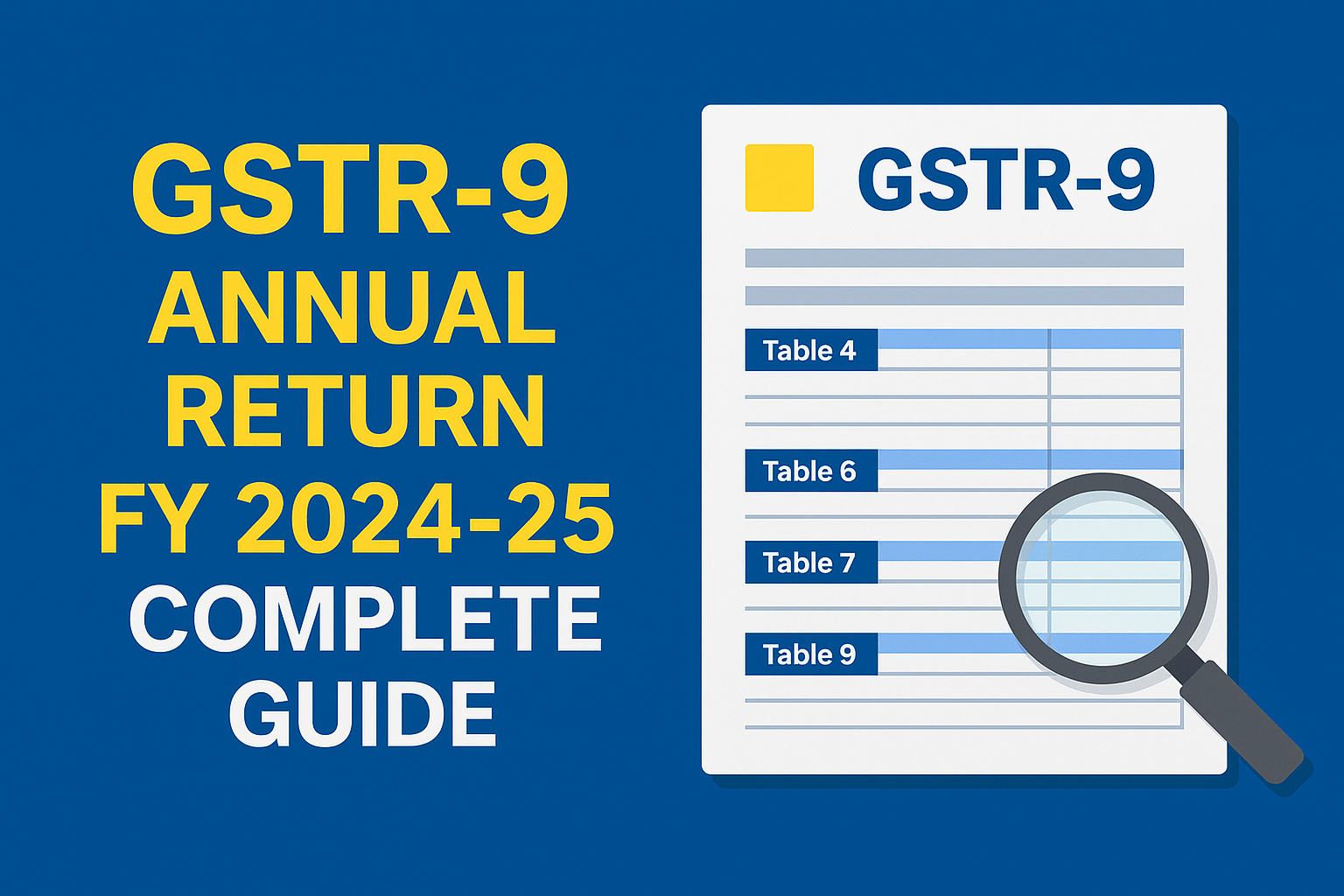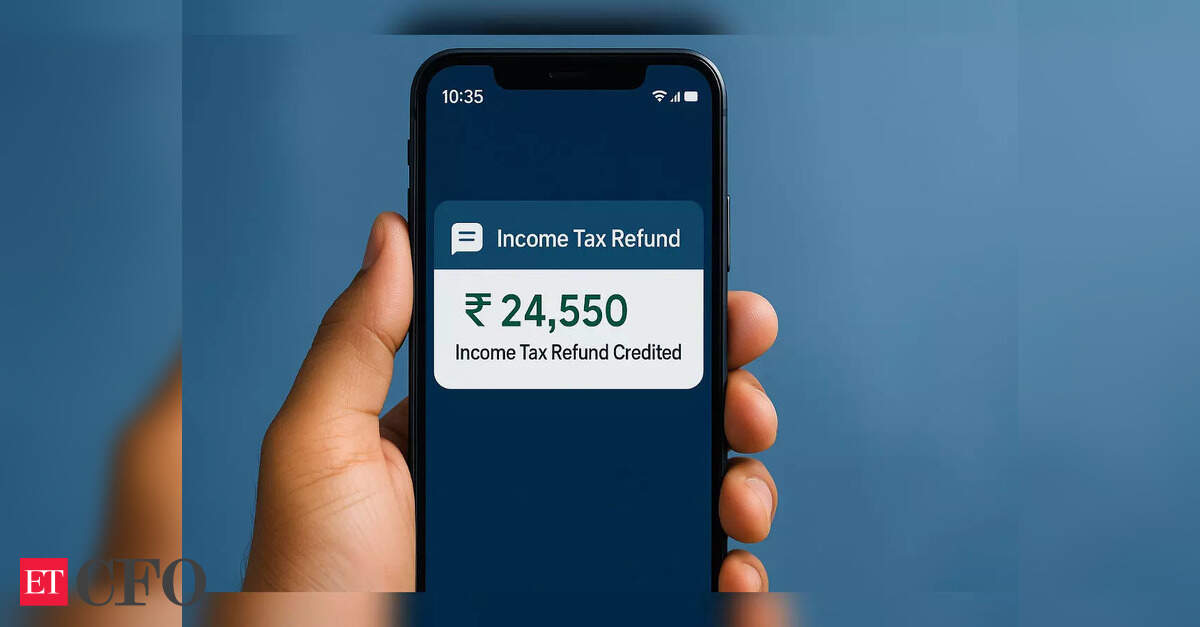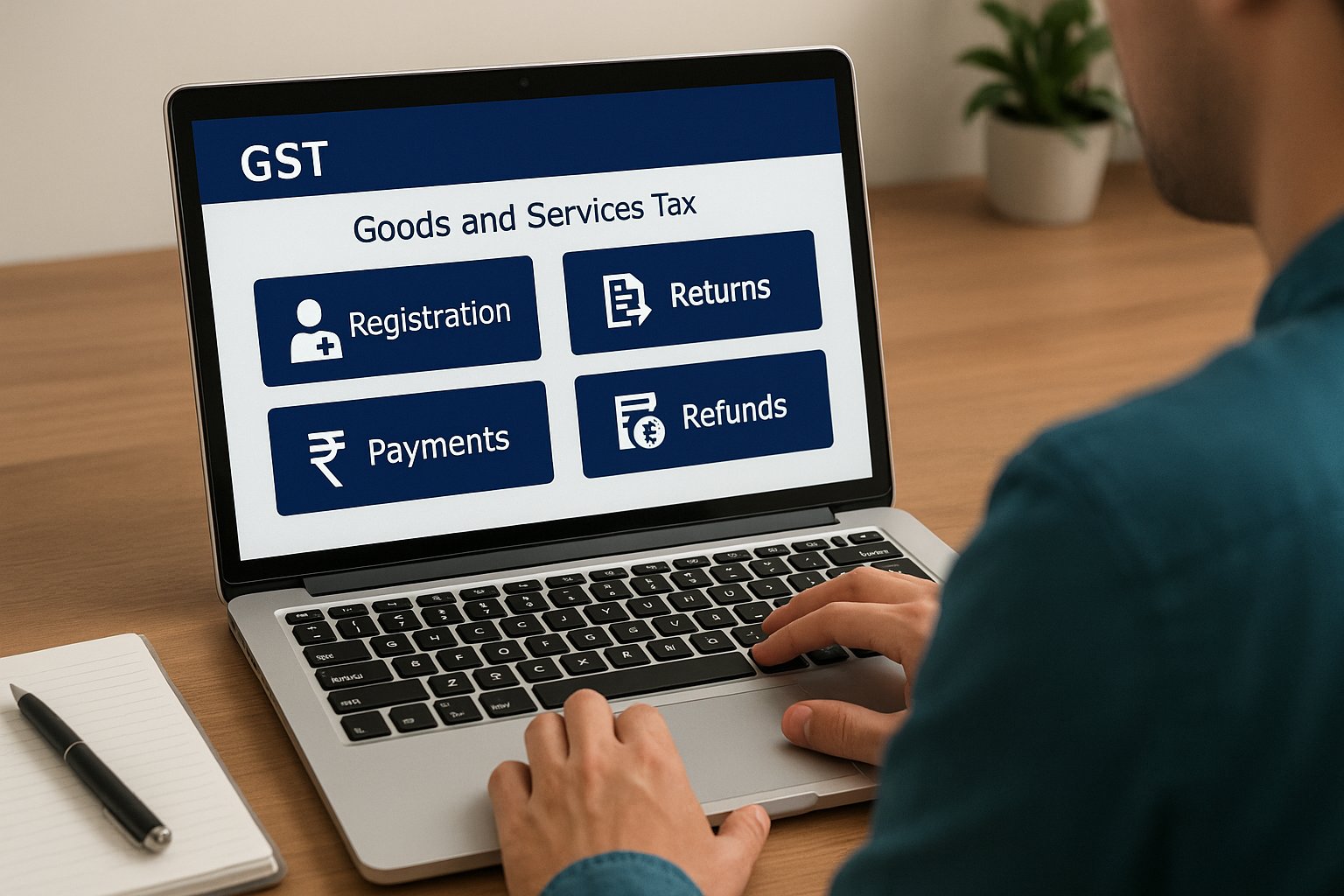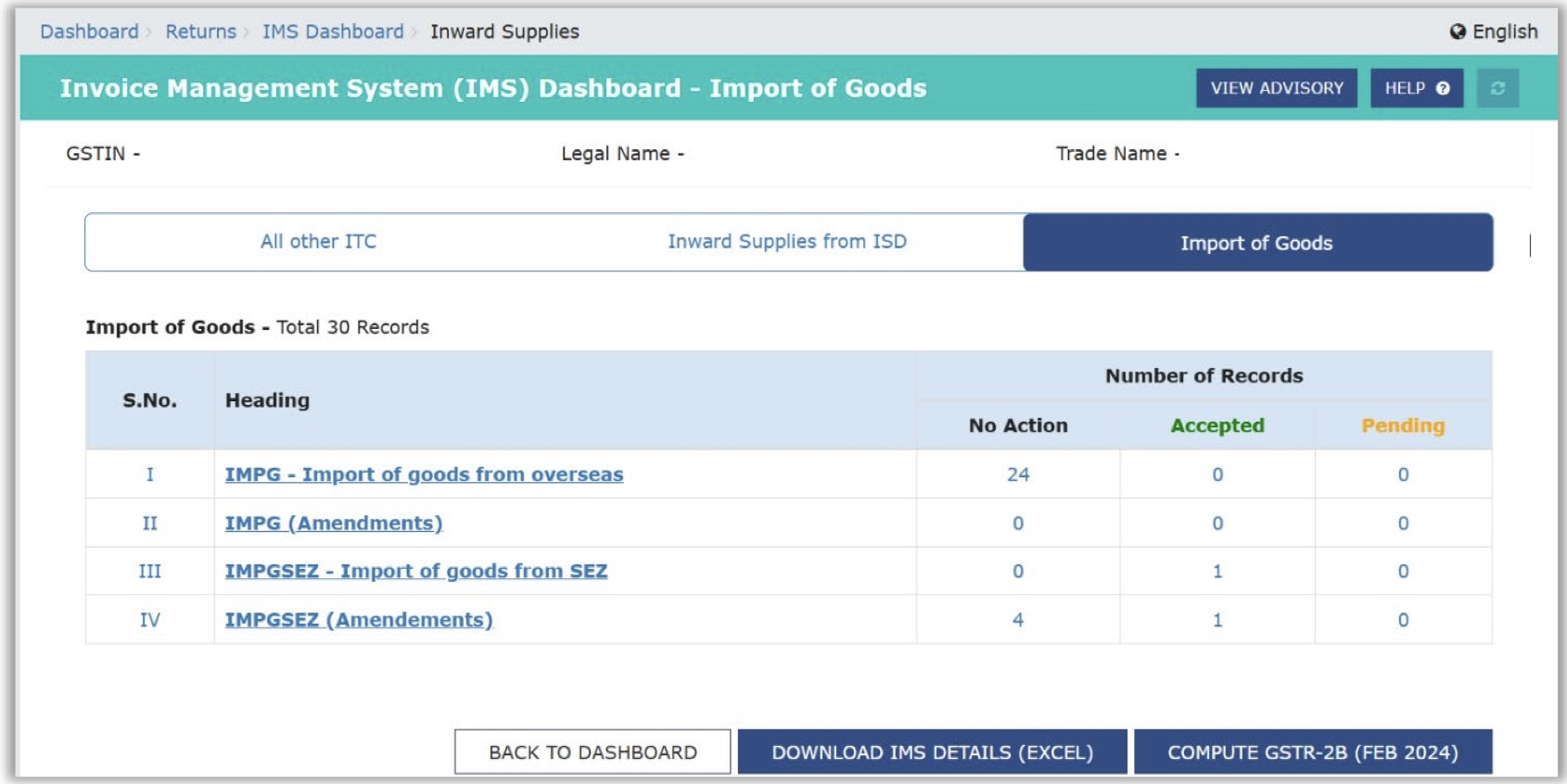Ensuring accurate TDS deduction based on the linking status of PAN and Aadhaar is must to avoid penalties. Neglecting to verify the PAN status can result in legal ramifications. If an PAN is not linked with Aadhaar, it may necessitate a higher deduction. Therefore, it’s imperative to stay updated on PAN-Aadhaar linking statuses to comply with regulatory requirements and avoid potential penalties.
TDS deduction:
- Tax Deducted at Source (TDS) is crucial in India’s tax system, collecting taxes at the source of income.
- Accuracy in TDS deduction is essential, considering one’s PAN-Aadhaar linking status.
- Failure to ensure accurate deduction can lead to higher TDS rates @20% if PAN is inactive due to non-linkage with Aadhaar.
- TDS deductors may face legal consequences and tax penalties for not verifying dedutee’s PAN status and deducting lower TDS amounts than required.
How can one verify the status of a PAN?
To check the PAN status in the context of TDS, individuals can visit the Traces website and navigate to the ‘Verify PAN Status’ option from the ‘Quick Links’ section. This online tool allows users to confirm the validity and operational status of a PAN. above video explained it very well
What types of transactions necessitate TDS deduction? Below is brief, Click here to see the Detailed TDS rate Chart
- Rent from a house property exceeding Rs 50,000 per month.
- Sale of immovable property amounting to Rs 50 lakh or more.
- Payments made to resident contractors and professionals that surpass specified limits.
- Salary payments made to employees.
- Expenditure on foreign remittance in certain specific cases
- Interest payments on fixed deposits exceeding specified limits.
- Commission payments exceeding a certain threshold.
- Royalty payments to resident individuals or entities.
- Payments made for professional or technical services.
- Payments made for advertisements exceeding a certain threshold.
- Payments for the acquisition of securities like shares and bonds.
- Any income received in the form of winnings from lotteries, puzzles, or games exceeding specified amounts.
- Payments made for catering or hiring services exceeding a certain limit.
- Payments made for the transfer of certain immovable properties other than agricultural land.
- Payments made for rent on plant and machinery exceeding specified thresholds.
What are the consequences if a taxpayer fails to deduct or collect the correct amount of TDS?
Failing to deduct the correct amount of TDS can result in severe consequences for individuals responsible for deduction or collection. This failure may prompt the tax department to impose additional interest, penalties, and even legal proceedings to ensure compliance. These outcomes underscore the significance of adhering diligently to TDS provisions, ensuring accurate deduction, and timely depositing of TDS to avoid financial liabilities, penalties, and legal repercussions. It’s crucial to stay updated on TDS regulations and fulfill obligations promptly to mitigate potential risks.
- Penalties: The taxpayer may be subject to penalties imposed by the tax authorities for non-compliance with TDS regulations.
- Interest: The taxpayer may be liable to pay interest on the shortfall amount of TDS from the date it was supposed to be deducted or collected until the date of actual deduction or collection.
- Disallowance of Expenses: The expenses for which TDS should have been deducted but wasn’t may be disallowed as deductions while calculating the taxpayer’s income.
- Legal Action: The tax department may initiate legal proceedings against the taxpayer for non-compliance with TDS provisions, which could result in fines or other legal consequences.
- Recovery Proceedings: The tax department may undertake recovery proceedings to collect the unpaid TDS amount along with interest and penalties.
- Loss of Reputation: Non-compliance with TDS regulations can tarnish the taxpayer’s reputation and credibility, especially if it leads to legal actions or penalties.
How to file TDS Return:
Visit www.cagurujiclasses.com for practical courses











